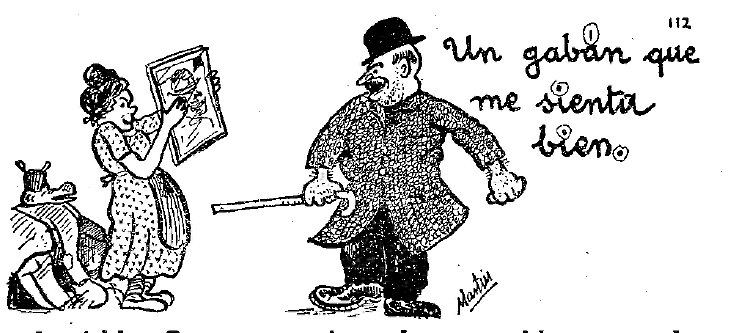
| Языки :: Испанский |
| Аудио |
 |
|
|
351 |
Español |
|
Lección Ciento doce (112) |
|
| REVISION AND NOTES | |
|
1 The interrogatives : to ¿qué? (qué libro) and ¿cuál?,
that we have already seen, let us add : |
|
|
2 The relatives. |
|
|
3 Whose and cuyo both express a relation of
possession or dependence between two nouns : |
|
|
4 The future translated by the present subjunctive. |
|
|
5 The conditional sentence. |
|
|
|
6 El invierno. |
|
Winter. |
|
|
Helar : to freeze; |
|
PRINCIPALES NACIONES DEL MUNDO |
|
|
ESPAÑA Regiones: Cataluña (un Catalán), Aragón (un Aragonés), Navarra (un Navarro), las Provincias Vascongadas (un Vascongado), Asturias (un Asturiano), Galicia (un Gallego), León (un Leonés), Extremadura (un Extremeño) , Castilla (un Castellano), Valencia (un Valenciano), Andalucía (un Andaluz), las islas Baleares, las islas Canarias. |
|
|
POBLACIONES: |
|
|
You have reached the last lesson, and yet your work is not at an end.
Now you have to read over to the last one the previous lessons. It is a " second wave " winch confirms and strengthens your knowledge. At the same time, you must peruse the " grammatical Appendix " that follows, and will help to perfect your acquirements. Read Spanish books and newspapers, that you will easily find at booksellers'; you will require a dictionary for the vocabulary is extremely rich and is assimilated only in the long run. " THE PRACTICE OF SPANISH " We are preparing for you under this title a second volume which will be the sequel of the present lessons. It will consist in twin texts (Spanish and English opposite), chosen with as much variety as possible, accompanied by notes and exercises on idioms and grammar. It will allow yon to enlarge your vocabulary and your knowledge of the Spanish language in the most pleasant way, without needing to look up the words in a dictionary. We feel convinced that you will derive the greatest profit from it. A 534 page volume, abundantly illustrated, as carefully produced as " SPANISH WITHOUT TOIL " |
